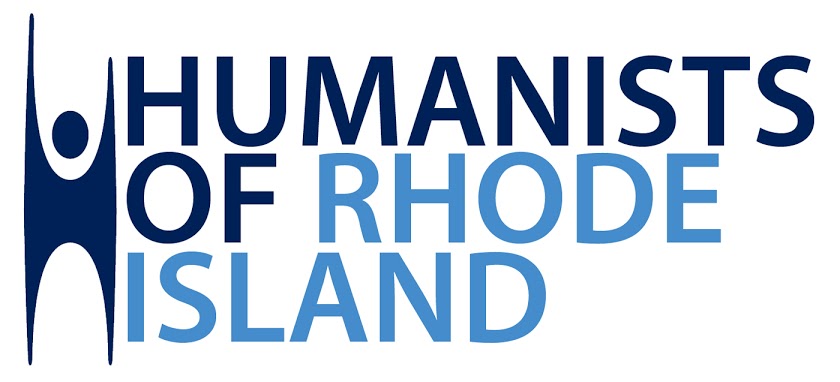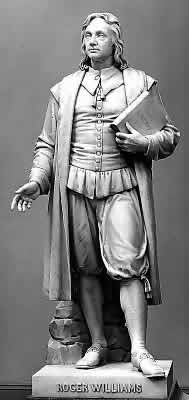“Rhode Island never touted freedom from religion"
Patrick T. Conley was wrong in his editorial of August 13 that “Rhode
Island never touted freedom from religion." Conley's own citation from
Roger Williams, that “forced worship stinks in God’s nostrils,” makes
the case for freedom from religion as well as anything said by
Jefferson. Conley invokes a false antagonism between history and law,
misrepresents religious freedom and supports his dubious thesis with
examples of vastly unequal relevance. His analysis stinks in reason’s
nostrils on par with David Barton’s denial of the Enlightenment.
Although the law is not fashioned without historical perspective,
even a historian must concede that the courts are right to defer to law
on the role of religion in public schools. Historical precedent prior to
the establishment of free public education, the ratification of the
14th Amendment, and the Constitution is not binding. A public school
simply cannot declare that it has an official school prayer to a
"Heavenly Father" but that people who pray to "Allah" or "Vishnu" or no
god at all have equally valid beliefs. Religion X only exists in the
space of its freedom FROM Religions Y, Z, and so on.
Conflating the Cranston West prayer mural, the Woonsocket memorial,
and the Pleasant Valley Parkway cross is another major flaw in Conley’s
editorial. The Cranston West prayer mural was clearly unconstitutional.
The case of the Woonsocket memorial is not as clear, with many atheists
and non-religious citizens themselves agreeing that this memorial to
specific Christian soldiers does not violate the Constitution. The
Pleasant Valley Parkway cross would have been constitutional if the city
allowed anyone to adopt a spot and put up their own monument. It would
have been a matter of time before a message offensive to the majority
ended any such openness.
Conley is a lawyer but fails to address over 50 years of precedent
set by the U.S. Supreme Court and by the lower courts. He admonishes
nonbelievers not to invoke history to support our claims while invoking
his authority as "Rhode Island Historian Laureate" to support a
reductionist argument unworthy of a public intellectual. Godspeed
indeed.


No comments:
Post a Comment